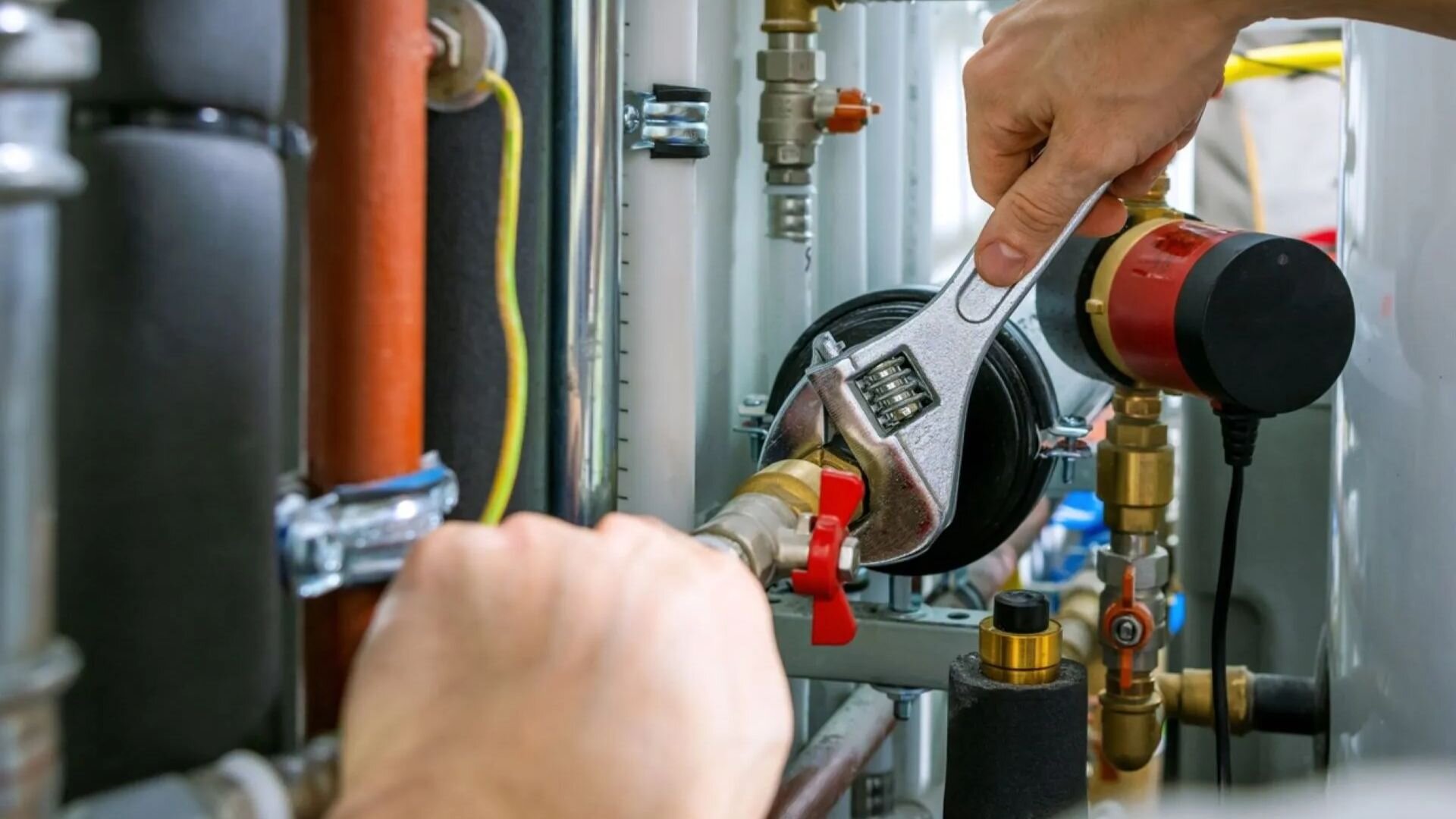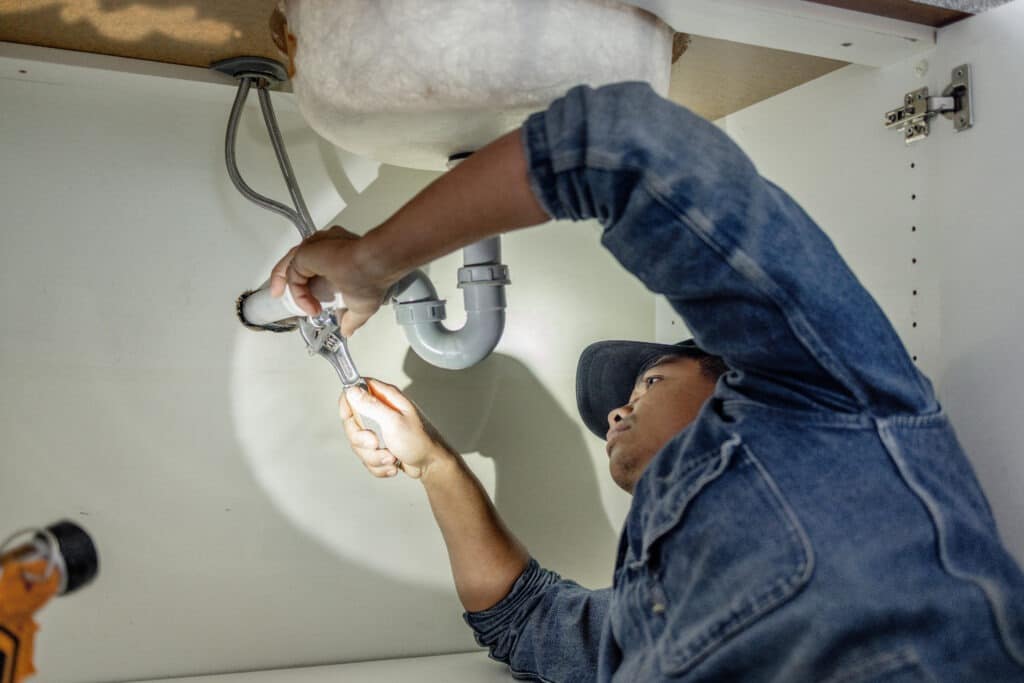Handling Your New Home's Bathroom Plumbing: Key Tips
Handling Your New Home's Bathroom Plumbing: Key Tips
Blog Article
On this page in the next paragraphs you can find a bunch of sensible information and facts when it comes to Plumbing Tips for New Homeowners.

For new house owners, understanding and preserving shower room pipes can save both time and money by avoiding costly problems down the line. Here are some vital restroom pipes tips to assist you keep every little thing running efficiently.
Familiarize Yourself with the Key Shut-Off Valve
Knowing where the major water shut-off valve lies in your house is crucial. This permits you to rapidly turn off the water system in case of major leaks or throughout pipes emergency situations, preventing extensive water damages.
On A Regular Basis Check for Leaks
Small leaks can bring about big issues. Consistently examine under sinks, around toilets, and near plumbing components for any kind of indicators of leakages. Seek moisture, small drips, or corrosion. Catching and fixing leaks early can avoid extra major damages and save water.
Don't Overlook Slow Drains Pipes
If your sink or bathtub is draining pipes gradually, it's frequently an indication of an obstruction creating. Addressing this very early can stop a full obstruction. Utilize a bettor or a plumbing professional's serpent to remove particles. Avoid using chemical drainpipe cleansers as they can damage your pipes in time.
Know What Not to Flush
Bathrooms are not garbage disposals. Avoid flushing anything other than bathroom tissue and human waste. Things like wipes, feminine hygiene items, and cotton swabs must be dealt with in the garbage to stop blockages and sewage system back-ups.
Mount Strainers in Drains
Area filters in your sink and tub drains pipes to capture hair and other debris before they enter your pipes system. Cleansing the strainers frequently will help stop build-up and keep water moving easily.
Preserve Your Hot Water Heater
Guarantee your water heater is readied to a suitable temperature level (typically about 120 degrees Fahrenheit) to avoid hot and reduce power use. Flush the tank yearly to get rid of debris build-up, which can minimize the efficiency and lifespan of your heating unit.
Upgrade Your Components
If your home has older fixtures, consider updating to much more effective versions. Modern toilets, showerheads, and taps are created to utilize less water while supplying great pressure, which can dramatically reduce your water bill and ecological impact.
Be Cautious with Do It Yourself Pipes Repair Works
While it's tempting to handle all home fixings by yourself, beware with pipes. Some issues could call for professional expertise, particularly if they involve main water lines or drain repairs. Employing a professional can often be a lot more affordable than DIY, specifically if it protects against more damage.
Prepare for Winter
Safeguard your pipes from cold during cold weather by protecting pipes in unheated areas like basements, attic rooms, and garages. Throughout extreme cool, let cold water drip from taps served by subjected pipelines to assist avoid cold.
Schedule Regular Maintenance
Take into consideration scheduling yearly inspections with a certified plumber. They can detect problems that you could miss, such as hidden leaks or damage on pipelines and components. Routine maintenance assists extend the life of your pipes system and can stop emergency situations.
Final thought
Understanding and maintaining your home's washroom pipes can avoid several common problems. By following these crucial suggestions, you can ensure your washroom stays functional and effective, saving you time and money over time.
Essential Plumbing Tips For Every Homeowner
As a homeowner, taking care of your plumbing system is crucial to maintaining the functionality and value of your home. While plumbing issues can be daunting, there are some essential tips that every homeowner should know to prevent major problems and save money in the long run. Here are some key plumbing tips that every homeowner should be aware of.
Regular Maintenance
One of the most important plumbing tips for homeowners is to schedule regular maintenance checks with a professional plumber. By having your pipes, fixtures, and appliances inspected regularly, you can catch any potential issues before they turn into costly repairs. A plumber can also provide valuable advice on how to properly maintain your plumbing system to prevent clogs, leaks, and other common problems.
Know Your Shut-Off Valves
It's essential for homeowners to know where the main shut-off valve is located in case of a plumbing emergency. This valve controls the flow of water into your home and can help prevent flooding in the event of a burst pipe or other serious issues. Additionally, it's important to know where the shut-off valves are for individual fixtures such as sinks, toilets, and washing machines so you can quickly stop the water supply if needed.
Watch What You Flush
Another important plumbing tip for homeowners is to be mindful of what gets flushed down the drains and toilets in your home. Avoid flushing items like paper towels, feminine hygiene products, grease, or hair as these can cause clogs and damage to your pipes. Installing drain filters or screens can help catch debris before it causes a blockage.
Insulate Pipes in Cold Weather
During winter months, it's crucial to insulate any exposed pipes in unheated areas of your home to prevent them from freezing and bursting. Frozen pipes can lead to extensive water damage and costly repairs. By adding insulation or heat tape to vulnerable pipes, you can protect them from extreme temperatures and avoid potential disasters.
Address Leaks Promptly
If you notice any signs of leaks such as damp spots on walls or ceilings, musty odors, or dripping faucets, it's important to address them promptly before they worsen. Even small leaks can lead to mold growth, water damage, and increased water bills over time. Ignoring leaks can result in more extensive repairs down the line.
Taking care of your home's plumbing system is an essential part of being a responsible homeowner. By following these key plumbing tips and staying proactive about maintenance and repairs, you can keep your plumbing system running smoothly and avoid costly issues in the future. Remember that prevention is key when it comes to plumbing problems – investing time and effort now can save you money and headaches later on. Stay informed about your home's plumbing system and don't hesitate to consult with a professional plumber if you have any concerns or questions.

Call Today Report this page